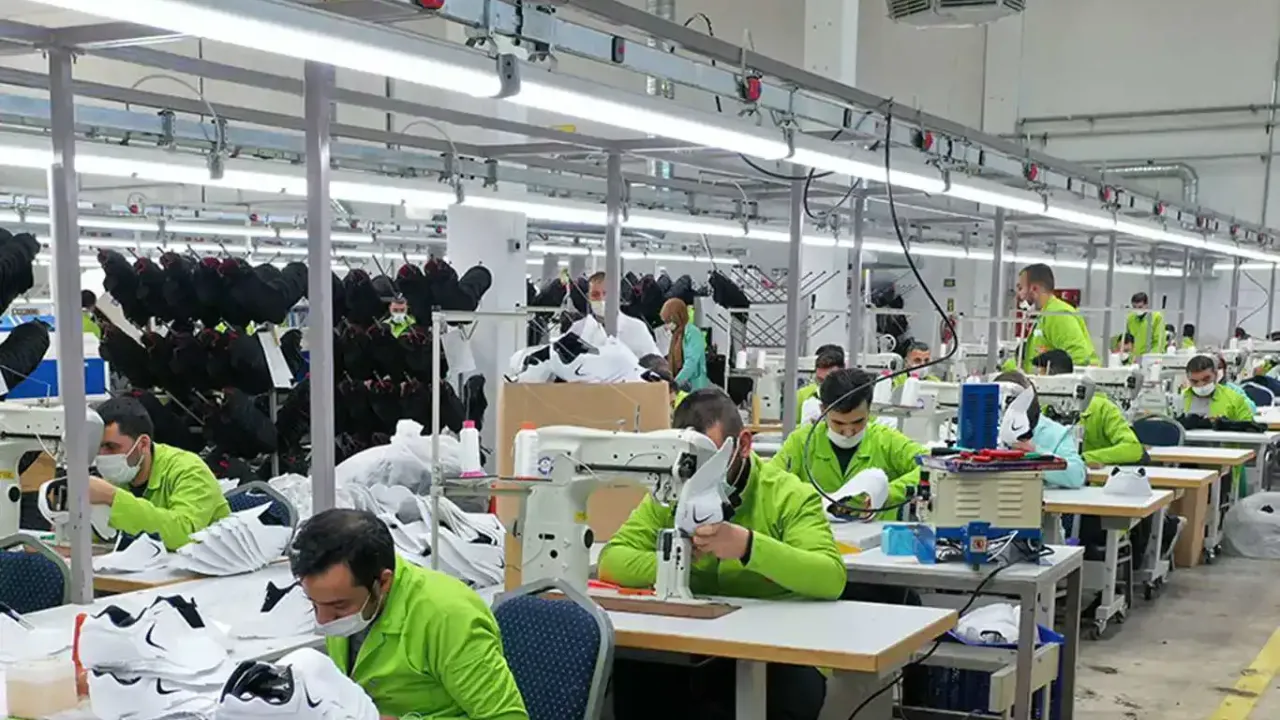According to the statement, the number of unemployed individuals aged 15 years and over declined by 56 thousand to 3 million 223 thousand in August. The unemployment rate was estimated at 9.2%, breaking down to 7.5% for men and 12.6% for women.
In positive news, the seasonally adjusted employment rate remained stable at 48.4%, with the number of employed persons increasing by one thousand to 31 million 686 thousand in August. The employment rate was 65.6% for men and 31.5% for women.
The overall labor force participation rate saw a minor dip, reaching 53.3% with a 0.1 percentage point decrease. The total number of individuals in the labor force was reported as 34 million 909 thousand, with a decline of 55 thousand compared to the previous month. The participation rate was 70.9% for men and 36.0% for women.
Among the youth (15-24 age group), the unemployment rate recorded a positive trend, decreasing by 0.7 percentage points to 17.2%. The breakdown for youth unemployment was 14.2% for men and 22.7% for women.
The average weekly actual working hours of individuals at work during the reference period were reported as 43.3, showing a 1.1-hour decrease compared to the previous month.
The composite measure of labor underutilization rate, encompassing time-related underemployment, potential labor force, and unemployment, witnessed a slight increase of 0.4 percentage points, reaching 23.0% in August 2023.
The combined rate of time-related underemployment and unemployment was 15.3%, while the combined rate of unemployment and potential labor force was estimated at 17.5%.
This comprehensive report provides valuable insights into Türkiye's labor market dynamics, reflecting both positive trends and areas for attention as the country navigates economic challenges. (ILKHA)









